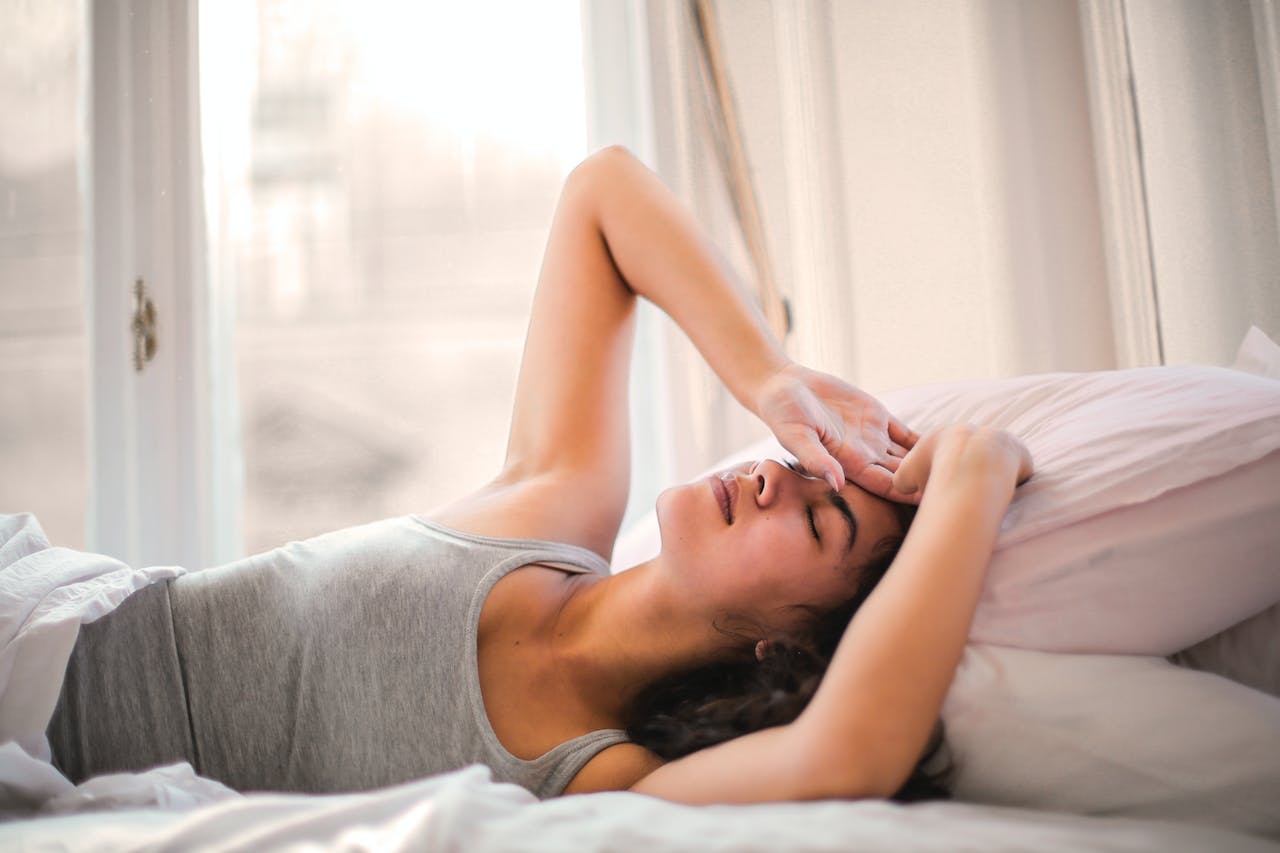News
New Poll Shows America’s Major Sleeping Problem

(Photo : Andrea Piacquadio / Pexels)
Many Americans may have a sleeping problem, according to a survey.
The latest Gallup poll sheds light on a prevalent sleep deficit across the United States, signaling a concerning trend in the nation's sleep patterns.
Released on Monday, the poll revealed that a majority of Americans, 57%, expressed a longing for more sleep, while merely 42% asserted they achieve the necessary amount of rest.
This shift marked a notable departure from data collected in 2013, where 56% claimed to obtain adequate sleep compared to 43% who didn't.
The poll, which surveyed a diverse demographic, also highlighted the disproportionate impact on younger women under the age of 50, who were notably more inclined to report insufficient rest.
Furthermore, respondents disclosed their nightly sleep duration, with only 26% admitting to receiving the recommended eight or more hours of sleep, as advocated by sleep experts for optimal health and mental well-being.
A significant majority, 53%, confessed to sleeping six to seven hours, while an alarming 20% admitted to acquiring five hours or less, witnessing an alarming surge from the 14% recorded in 2013.
Sarah Fioroni, a senior researcher at Gallup, noticed the unprecedented rise in the number of individuals reporting five hours or less of sleep.
Fioroni noted that in 1942, the concept of obtaining such minimal sleep was virtually unheard of, showing a profound societal shift over the years.
While the poll doesn't delve into the specific causes behind the sleep deficit, experts suggest cultural factors, including a persistent emphasis on productivity and industriousness, as potential contributors.
Joseph Dzierzewski, vice president for Research and Scientific Affairs at the National Sleep Foundation, pointed out that the perception of sleep's importance to physical and emotional well-being has evolved in recent years.
"This pervasive belief about how sleep was unnecessary - that it was this period of inactivity where little to nothing was actually happening and that took up time that could have been better used," Dzierzewski said, AP News reported.
"It's only relatively recently that the importance of sleep to physical, mental and emotional health has started to percolate more in the general population."
As Americans grapple with competing priorities, such as work, childcare and household responsibilities, achieving adequate rest remains a challenge for many, per the experts.
Justine Broughal, a self-employed event planner and mother of two, reflected on the struggle to balance familial duties with personal care, a sentiment echoed by numerous people experiencing similar challenges.
"I really treasure being able to spend time with (my children)," Broughal said.
"Part of the benefit of being self-employed is that I get a more flexible schedule, but it's definitely often at the expense of my own care."
While the poll highlighted a decade-long shift in sleep patterns, the COVID-19 pandemic's aftermath and the phenomena called "revenge bedtime procrastination" in which people scroll on social media or binge show as a way to handle stress instead of sleeping have also been reported to alter people's sleeping habits.









Join the Conversation